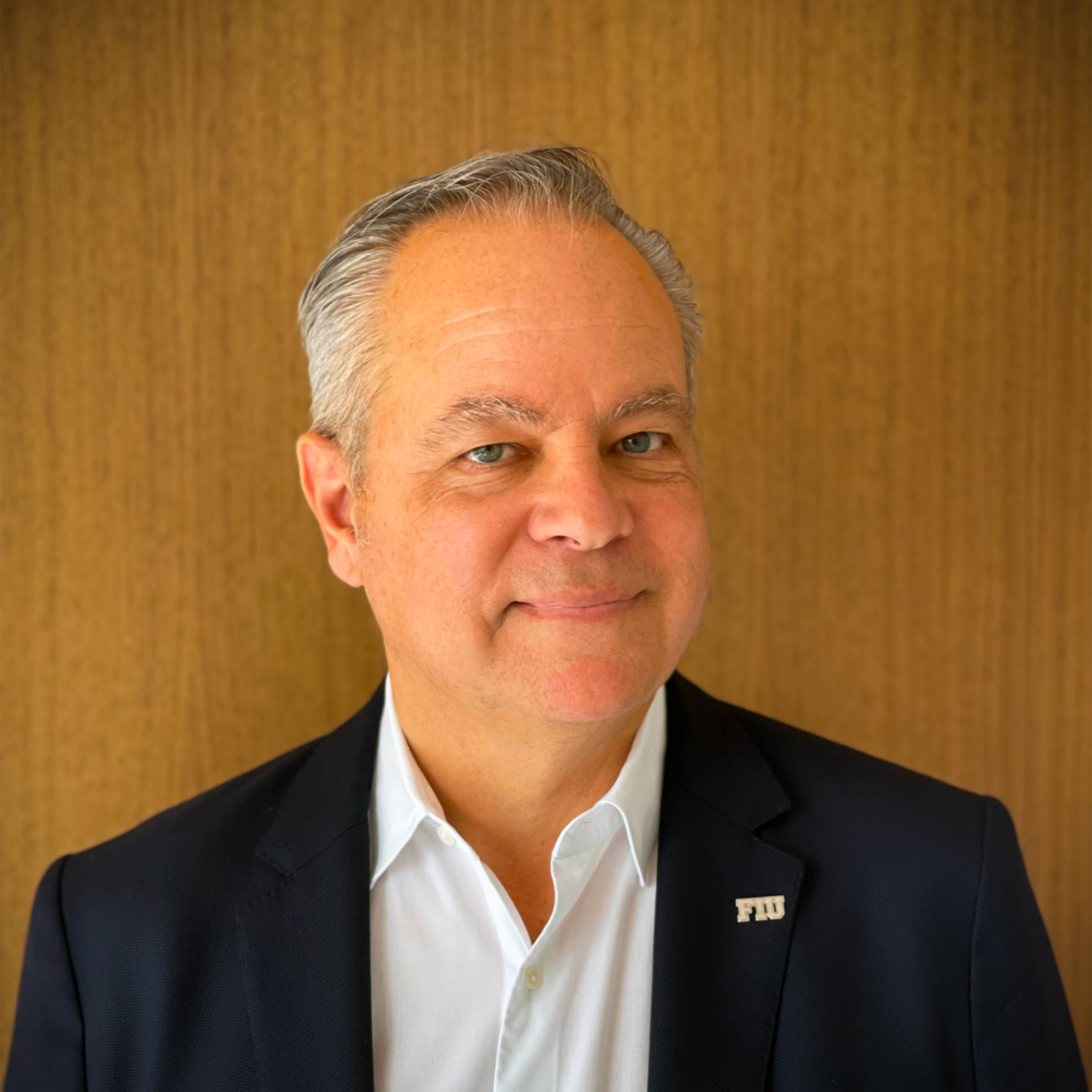Artificial Intelligence, Data Science & Machine Learning

John Stuart
John Stuart has been on the faculty at Florida International University for 30 years, overseeing collaborative innovation spaces focused on 3D printing and volumetric capture. With over three decades in Miami Beach, Stuart is a registered architect heavily involved in the community. He has served for nearly a decade on the Miami Beach Historic Preservation Board, which he currently chairs. Stuart’s interdisciplinary research examines the intersections of design, historic preservation, resilience, and technology. He is working with Dr. Giri Narasimhan on “AI and Miami Beach’s Historic Districts: Developing Tools in Support of a Resilient Urban Future.” Stuart co-chairs an EDUCAUSE Community of Practice study group on AI and ethics as part of an EDUCAUSE framework for AI Literacy and Ethical Guidelines. In 2022, he co-organized “The Inclusive Campus of the Future: DEI, Extended Reality and Student Success in Minority-Serving Institutions,” (ilxr.fiu.edu) featuring international conversations about XR, identity, and the AI technologies that will support them. Recently, Stuart co-chaired FIU’s working group on Mission-aligned Engagement and Partnerships for its 2030 Strategic Plan. His work with graduate architecture students explores resiliency policies and strategies for Miami Beach’s Historic Districts, engaging AI in envisioning the future of equitable, resilient, and sustainable historic communities.
Project 1: AI, Climate Change, and Miami Beach’s Resilient Urban Future
Authors: Giri Narasimhan (FIU), John Stuart (FIU), Debbie Tackett (City of Miami Beach)
Summary: The core functionality of our AI tool will include identifying and cataloging critical architectural features of historic buildings, such as architect, date, size, type, construction materials, design elements, and any permitted updates or changes.
The tool will employ advanced pattern recognition algorithms to analyze large datasets, integrating information from various sources like historical records, architectural databases, environmental databases related to building elevations, tide predictions, sea level rise predictions, and nearby city infrastructure, roads, drains, landscape elements, etc.
Ultimately, this tool will be able to uncover patterns across the city of building structural vulnerabilities and degradation patterns, considering factors like age, materials, historic preservation status, environmental conditions, and the potential for resiliency measures in facades, environmental systems, and land use.
This will help public and private building owners make more informed decisions as they attempt to make our historic neighborhoods more resilient.
Project 2: EDUCAUSE-HP AI Community of Practice
Summary: EDUCAUSE and HP have collaborated to establish a community of practice dedicated to leaders and practitioners who are innovating in their application of artificial intelligence (AI) for teaching and learning purposes.
This community of practice focuses on three key aspects:
– Examining the approach to building and fostering the community itself.
– Reviewing and prioritizing the topics that are most important for discussion within the community.
– Developing and sharing three essential resources created by members of the group:
a. An AI literacy framework that can be adapted and applied to train faculty, staff, or students.
b. An ethical framework to guide campus policies and practices related to AI.
c. Guidelines addressing data privacy concerns in the context of AI implementation.
By participating in this community of practice, members can explore best practices, share insights, and collaborate on the development of resources that support the responsible and effective use of AI in educational settings.